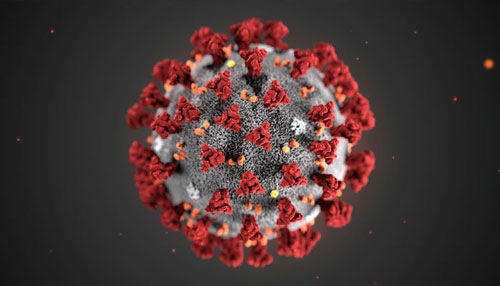Every now and then the Covid-19 pandemic left its deadly imprint on Pakistan as the country registered another fatality along with 20 new infections during the last 24 hours, showed the data released by the National Institute of Health (NIH) on Thursday morning.
According to the NIH data, the death toll in the country inched up to 30,657 now after registering another fatality whereas the number of total infections now rose to 1,580,808 after adding the fresh 20 cases.
During the last 24 hours (Wednesday), 3,187 tests were conducted throughout Pakistan whereas the positivity ratio soared to 0.63%. The number of patients in critical care stood at eight. Getting vaccinated against Covid-19 does not make women more likely to seek medical attention for menstrual problems, the largest study conducted on the subject said on Thursday.
Since Covid vaccination campaigns began nearly two and a half years ago, some women have reported changes in their menstrual cycle after getting the mRNA shots from Pfizer/BioNTech and Moderna. This led to the European Union’s drug watchdog recommending that heavy periods be listed as a possible side effect of the vaccines.
It has also been greatly exaggerated by anti-vaccine campaigners seeking to spread misinformation online about the supposed dangers of getting inoculated, according to experts. The new study looked at patient data from Sweden’s health registry which included nearly three million women, around 40 percent of the country’s female population.
Rickard Ljung, a professor at the Swedish Medical Products Agency and lead author of the new study, told reporters that it was “by far” the largest carried out on the issue. It was also the first to use independent data on whether women contacted healthcare professionals over their menstrual problems, he said. Previous research has used self-reported data — including information from apps that track periods — to indicate that some women have changes in their menstrual cycle after getting vaccinated.
“What we show is that it does not seem that these (potential) disturbances are so severe that they have led to the women seeking medical attention,” Ljung said.—INP










